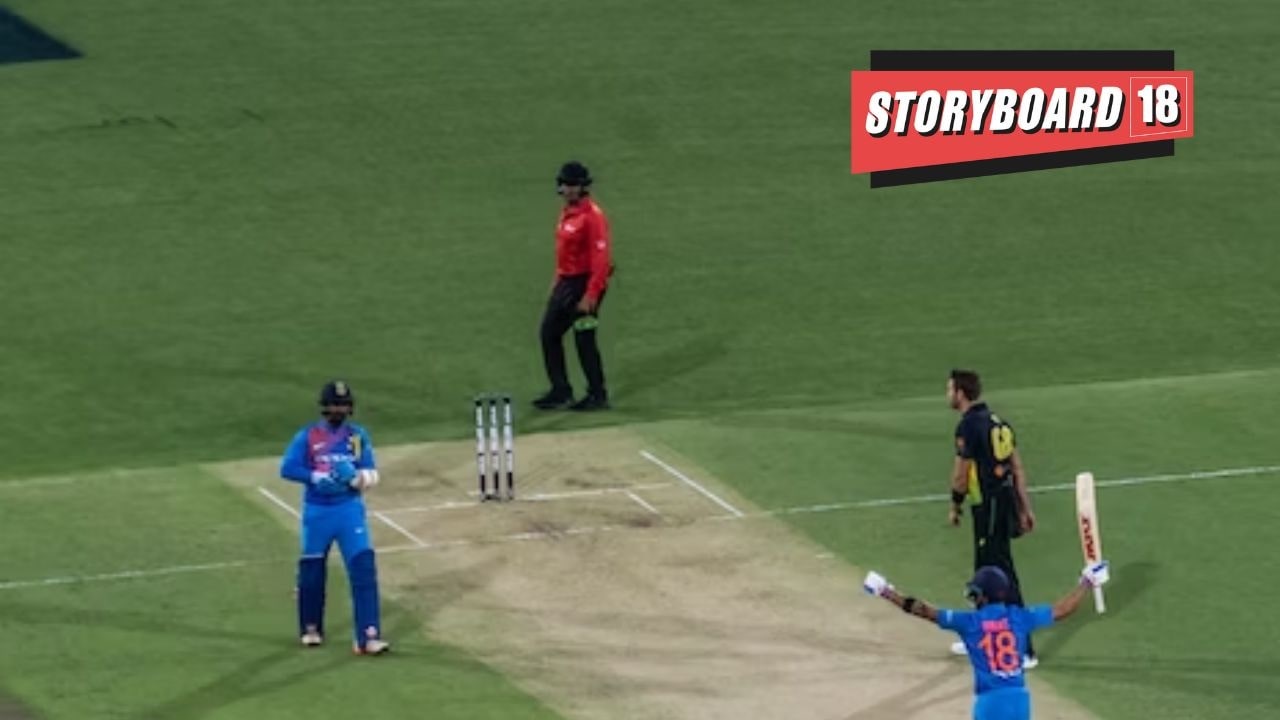The Board of Control for Cricket in India (BCCI) has recently made headlines with its reported decision to unbundle TV broadcasting and digital rights for all bilateral series involving Team India. This move has sparked discussions among media buyers, with some predicting a boost in the ad exchange, while others suggest potential impacts on integrated communications for brands.
According to Ramsai Panchapakesan, senior vice president and national head of integrated media buying at Zenith, in the past, Disney Star’s approach to selling bilateral series and their respective inventories for TV and digital was to keep them separate, even though they had the entire deal. This practice was widely adopted in the market and reinforced the perception that they were separate entities. While this had no major impact on advertisers’ lives, it did limit competition and potentially hindered growth in the ad exchange.
“However, if the Board of Control for Cricket in India (BCCI) unbundled TV broadcasting and digital rights for all bilateral series involving Team India, it could mark a significant change in the industry’s landscape in the lines of 2023 Indian Premier League (IPL) inventory sales approach,” he says.
“By introducing competition, it would promote growth in the ad exchange, creating more opportunities for advertisers to reach their target audience. This could potentially lead to a shift in the industry’s approach to selling inventory and open up new avenues for revenue generation,” Panchapakesan adds.
The recent IPL media rights auction for 2023-27 cycle saw the BCCI earn a whopping Rs 48,390 crore, with a 196 per cent appreciation in media rights value. Disney Star India and Viacom18 secured TV and digital rights respectively for the Indian sub-continent, highlighting the competition the IPL has created. These numbers prove the exponential growth of sports, particularly cricket, on both TV and digital platforms.
As per a recent GroupM report, cricket saw a growth of 44 per cent in terms of sponsorship, endorsement, and ad expenditure. The same report says sponsorship spends (ground, team and franchise), cricket delivered 75 per cent of all sports, whereas the corresponding number for endorsement was 85 per cent.
The report also mentions how cricket-related content continues to dominate brand media spends, accounting for 94 per cent of all ad expenses across various media platforms. This highlights the prominent role played by cricket in advertising, and presents an immense opportunity for brands to invest more in this segment.
So, on the one hand, the unbundling of TV broadcasting and digital rights could create a more competitive environment, driving up advertising revenues and opening up new opportunities for brands to reach their target audience. However, the potential impacts on integrated communications for brands cannot be ignored.
Amol Dighe, chief executive officer, Investments and Business Development, Madison Media says, “Having rights for both TV and Digital with the same network always helps a marketer to develop an integrated communication across both platforms and also helps drive economies of scale. Having the bilateral series with the same Networks enables the brand to derive better product integrations and value from the Network.”
“While BCCI may benefit in getting higher revenue from different players, it’s not necessarily great for the brand,” he said, adding, “The marketer has finite budgets to reach its consumers and will spend to that effect.”
